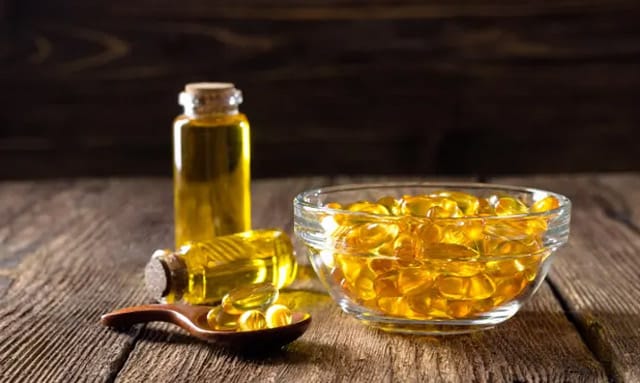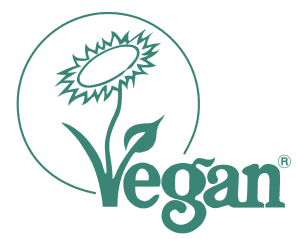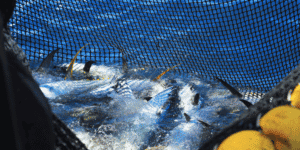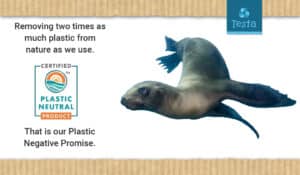Salmon is healthy, right? Or not?
At Testa, we invest a large part of our turnover in research and innovation. We believe that eating fish for omega-3 should be stopped. That is why it is our mission to move as many people as possible from animal omega-3 to vegetable omega-3 from algae. How can we inform the consumer, who do we work with and what other ‘good’ elements of fish can we replace?
To answer these questions, we look at fish, the industry around it and consumer behavior. We know that people like to eat fish and especially salmon. Because salmon is healthy, or is it? Let’s start by saying that we respect everyone’s own choice. In this blog we will give a number of reasons why, in our opinion, you should no longer eat salmon. It’s up to you whether you make that choice.
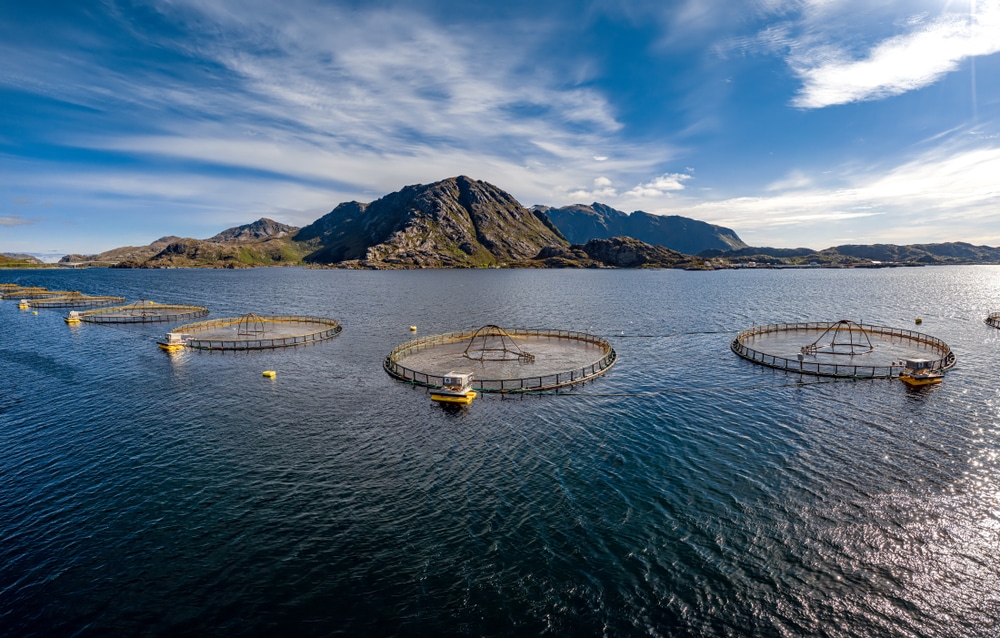 #FishFreeOmega3
#FishFreeOmega3
1. Farmed Salmon: An Industry of Overcrowding and Stress
Salmon comes in many different types. In general, Atlantic salmon is sold in the Netherlands, including Norwegian, Scottish and Irish salmon. Most of this is farmed salmon. And there is a lot of criticism about this, and rightly so. With a few exceptions, you can speak of an intensive industry, in which many animals are kept close together in cage nets that are too small.
2. Less Omega-3, More Omega-6: A Nutritional Downshift
Billions of kilos of fish are caught annually to feed these salmon. The omega-3 from this feed should protect the fish against all kinds of diseases, but that is now negligible. In the early 1990s, farmed salmon were still fed with approximately 100% fish, but today this is less than 25%. Other feed consists of vegetable protein sources such as soy and corn. These do not contain omega-3.
Research has also shown that the percentage of omega-3 in farmed salmon has been more than halved. Because the feed is largely vegetable, the salmon ingests more omega-6. The omega 3/6 ratio in the fish is therefore completely out of balance and that causes the salmon to be full of inflammation.
3. Synthetic Coloring: Why Farmed Salmon Isn’t Naturally Pink
Their diet also does not contain the powerful antioxidant astaxanthin that protects the salmon and makes it so beautifully pink. No, farmed salmon is naturally completely grey. But the consumer does not eat that, so synthetic astaxanthin made from petroleum is added. This is fed to the salmon as a colouring agent, but does not make it healthier.
4. Antibiotics and Parasites: A Fish Under Pressure
The salmon are very weak. They can’t move much because of the crowds. The result is that farmed salmon are full of parasites, also called fish lice, which often literally skin the animal alive. Without help they all die, so they are given large doses of antibiotics to keep them alive, so that they can grow into the artificial piece of pink fish on our plate.
5. A Toxic Load: Dioxins and PCBs in Farmed Salmon
Salmon is farmed close to the coast. Regular fish already contains many heavy metals, dioxins and PCBs. But the consequence of being close to the coast is that farmed salmon contains many more dioxins and even up to 10 times as many PCBs than wild salmon. With this knowledge, you can choose for yourself whether farmed salmon is suitable to meet your omega-3 needs and belongs in your diet. Land-grown plant-based omega-3 from algae is the only source of high-quality omega-3 that we know of that is free from animal suffering and ocean pollution (mercury, dioxins and PCBs).
Frequent Questions About Salmon, Fish Oil, and Omega-3
Isn’t wild-caught salmon healthier than farmed salmon?
Wild salmon tends to have a better omega-3 profile and fewer contaminants compared to farmed salmon—but it’s not free from problems. Wild stocks are declining globally due to overfishing and climate change. Additionally, wild salmon still contains mercury and other pollutants accumulated from ocean exposure. While nutritionally better than farmed salmon, it still contributes to environmental degradation.
If salmon has less omega-3 now, how much would I need to eat?
Studies show that omega-3 levels in farmed salmon have decreased by more than 50% over the last two decades. That means you’d need to eat significantly more fish to reach recommended omega-3 levels—while also increasing your intake of omega-6 and potentially harmful substances like PCBs and dioxins.
What about the pink color—why does that matter?
The synthetic astaxanthin used to color farmed salmon is a petroleum-derived compound that doesn’t offer the same antioxidant benefits as natural astaxanthin from algae. It’s used purely for aesthetics and has no health benefits. Naturally pink salmon get their color from eating krill and other small crustaceans rich in natural astaxanthin—something missing from modern salmon feed.
Are there any regulations protecting salmon quality?
Regulations vary by country, but many allow high stocking densities, limited oversight on antibiotic use, and minimal transparency in feed composition. The aquaculture industry is rapidly expanding, often faster than regulations can adapt, leaving gaps in environmental and consumer protection.
What are the environmental consequences of salmon farming?
Fish farming creates concentrated zones of waste, disease, and chemical runoff near coastal areas. Escaped farmed salmon can threaten native species, while wild fish populations continue to be harvested unsustainably to feed farmed fish. This undermines the health of ocean ecosystems and worsens biodiversity loss.
What’s the alternative to getting omega-3 from fish?
The cleanest, most sustainable source of EPA and DHA is algae oil. It’s where fish get their omega-3 in the first place. Algae oil is free from ocean contaminants, does not contribute to overfishing, and offers the same brain, heart, and eye benefits—without harming marine life.
Does algae oil really work as well as fish oil?
Yes. Numerous studies show that algae-derived DHA and EPA are bioavailable and effective. In fact, some infant formulas and prenatal supplements already rely on algae as their sole omega-3 source. It’s a science-backed, ocean-friendly alternative that delivers results.
PS. Considering fish oil pills instead of salmon?
Read this article from the Guardian: It’s mind-boggling’: the hidden cost of our obsession with fish oil pills … 🙂
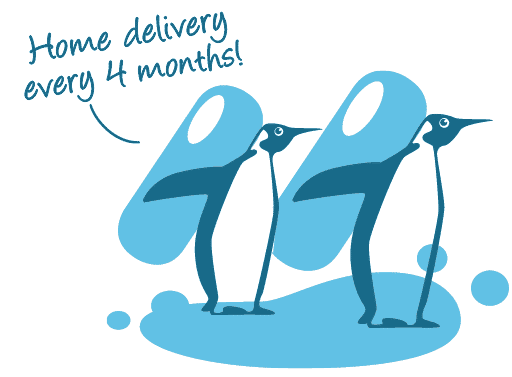
Always fresh omega-3? Take a subscription!
Omega-3 is good for your heart, brain and eyes. To reach your daily recommended quantity without any worries, take out a subscription. That way, you can be sure that you are always taking fresh algae oil. Go to the shop and choose the quantity and frequency that suits you. Of course, you can also order separately.
